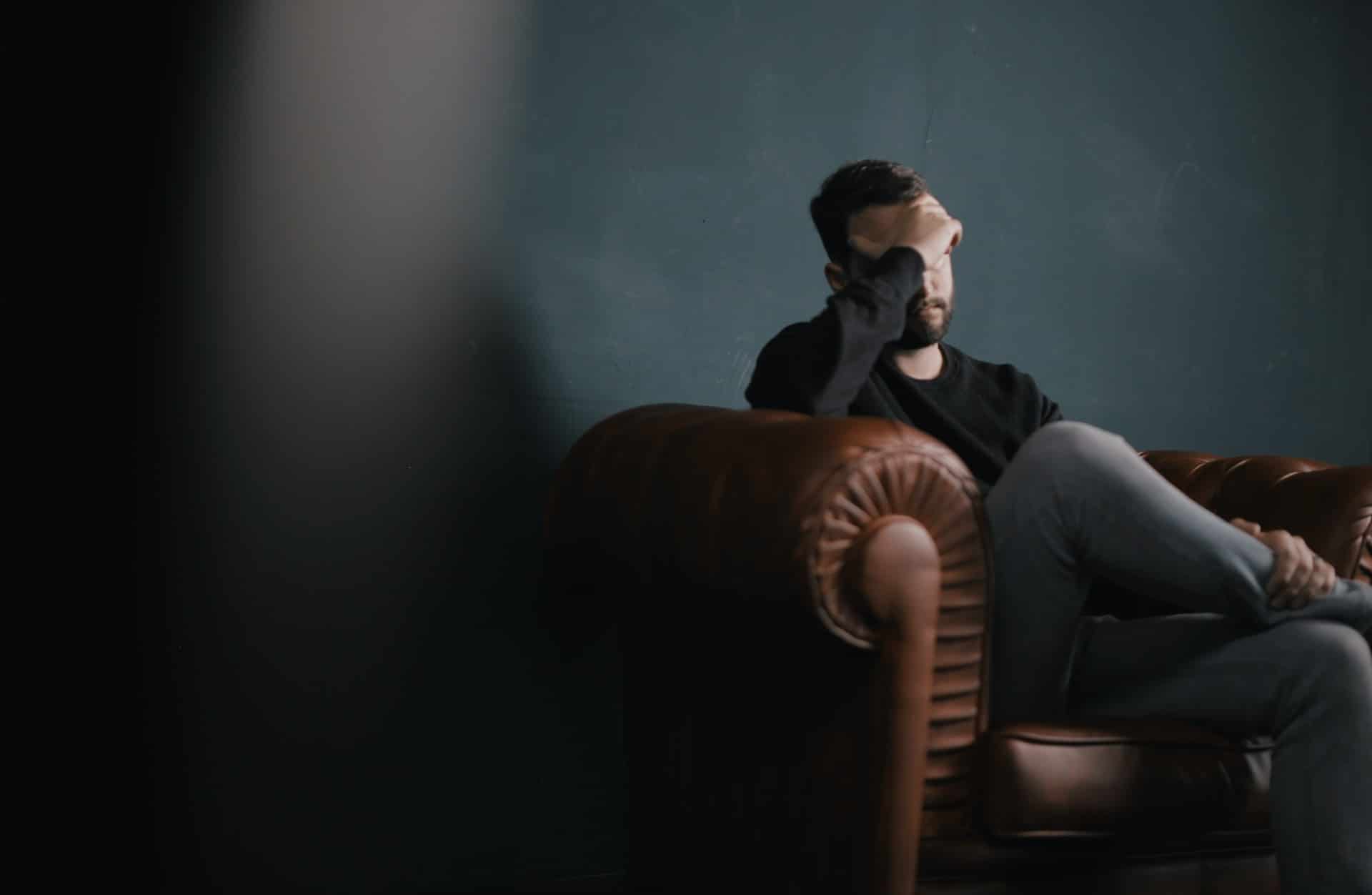In this article

Both men and women are at risk of rape. However, there are far more female rape victims than men in the UK.
A study for the year ending March 2020 by the Crime Survey for England and Wales estimates that 7.1% of women have experienced rape or penetration (including attempts) since the age of 16 years.
In contrast, 0.5% of men have experienced rape or penetration (including attempts) since the age of 16.
If you’re facing a false allegation for rape, please contact our solicitors on 020 3007 5500 or visit our criminal defence page.
What is rape?
In short, rape is sex without consent. Without consent isn’t limited to physically forcing someone into sexual intercourse. Consent comes in many different forms, as shown below:
Consent
- Permission. Sex is unconsented if there’s force, manipulation or influence from drugs or alcohol.
- Previous consent. Rape most commonly occurs between people in a relationship. Just because your partner has consented to sex doesn’t mean they agree to future sexual intercourse.
- Specifics. If someone consents to kiss you, it doesn’t mean that person wants to have sexual intercourse.
- Reversible. It’s never too late for some to change their mind. Therefore, even if two people are in bed naked together, it doesn’t mean it’s too late for someone to say no.
- Informed. A person can only consent to what they know. For example, if a woman falsely tells her partner that she is using birth control pills, this is rape.
- Age. Anyone below the age of 16 is too young to consent to sex. Therefore, even if someone below the age of 16 gives consent, it’s legally not consent.
What is classed as rape?
Rape is when someone intentionally penetrates another person without consent in their:
- Mouth
- Vagina
- Anus
If someone penetrates another person with any part of their body other than a penis or using an object, it’s an assault by penetration.
Most victims of rape know their attacker, and it’s common for the attacker to be someone you’re in a relationship with.
What is statutory rape?
In the UK, anyone below the age of 16 legally can’t consent to sexual intercourse as they’re considered too young. Therefore, even if someone below the age of 16 consents to sex, legally, it’s not consent.
For example, it’s statutory rape for a 16-year old girl to have sex with her 14-year-old boyfriend.

Have you been accused of rape?
We can help you today, just get in contact by clicking the telephone link below.
Lines open 24/7

How to report rape?
If you’re a victim of rape, it’s essential that you don’t throw away or wash your clothes. Getting rid of your clothes can destroy forensic evidence that can help convict a defendant.
To report an incident of rape, you should call the police as soon as possible. In the event of an emergency, you should contact them on 999. However, if the call isn’t an emergency, you should call them on 101.
However, suppose you’re a victim of rape. In that case, it’s important to consider reporting the incident to medical professionals as you may be at risk of sexually transmitted diseases/ infections.
- NHS on 111.
- A doctor or practice nurse at your local GP surgery.
Where can I get victim support?
Emotional support is essential at such a vulnerable time. Therefore, it’s good to speak to a trusted helpline of people who provide emotional and non-judgemental support. Some of the helplines our solicitors recommend that victims call include:
- Rape Crisis. Rape Crisis offer emotional support to any victims of sexual assault. You can contact Rape Crisis on 0808 802 9999.
- Refuge. Refuge support women and children who’re victims of domestic abuse. You can call Refuge on 0808 2000 247.
What is the sentence for rape?
Rape is a serious offence to which the dangerous offender provisions apply. This means that on conviction of rape, the defendant can receive a prison sentence anywhere from five years imprisonment to a life sentence in prison.
The defendant will also be required to join the sex offenders register.
What if you’re facing a charge?
If you’re wrongly facing a rape allegation, the sooner you contact a criminal solicitor, the better. Furthermore, it’s essential to contact a solicitor as quickly as possible as delays can harm the success of your case. At Britton and Time, our criminal solicitors will:
- Represent you during questioning
- Provide advice on taking a plea
- Make applications for bail, where necessary
- Prepare you for trial
- Represent you in either the magistrates’ court or crown court
- Assist you in making appeals
To contact one of our criminal solicitors about defending you, please visit our criminal defence page or call our solicitors directly on 020 3007 5500.







0 Comments